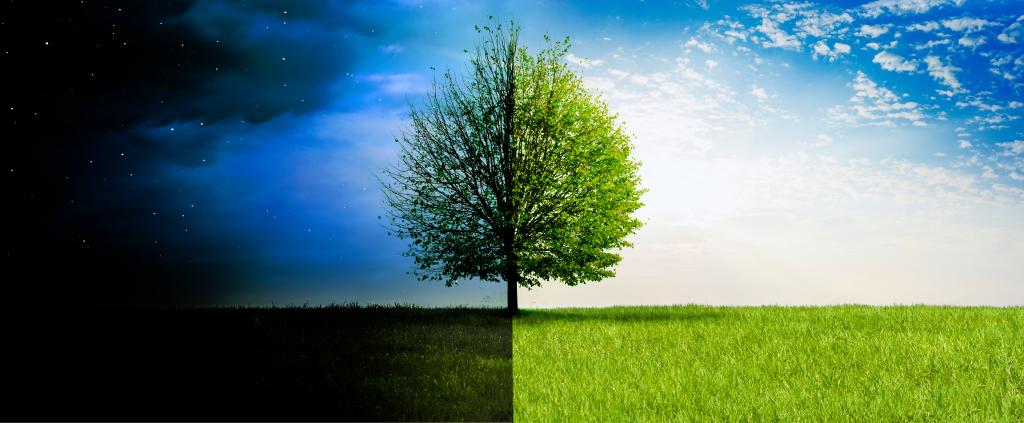The spring equinox is taking place on March 19, 2024 at 11:06 P.M. EDT, marking the official start of spring in the Northern Hemisphere. This equinox, also known as the vernal equinox, corresponds with the moment when the sun crosses the earth’s equator. Due to 2024 being a Leap Year, the equinox is falling on March 19th instead of the usual March 20th or 21st. As we transition into spring, the hours of daylight will increase, eventually reaching its peak during the summer solstice on June 20 at 4:50 P.M.
The spring equinox has been celebrated by various civilizations as a time of rebirth and renewal, symbolizing the triumph of light over darkness. The Mayans, for example, constructed the pyramid El Castillo at Chichen Itza to honor the feathered serpent god Kukulkan during the equinoxes. The interplay of shadows and sunlight during these times creates the image of a snake descending the pyramid staircase. Astrologically, the spring equinox begins Aries season and marks the start of a new zodiac year, heralding a period of bravery and new beginnings.
An urban legend surrounding the equinox claims that it is easier to balance an egg in an upright position during this time due to equal gravitational pull from the sun and moon. However, this is not true as there is no change in gravitational forces during an equinox. Despite this, it is possible to balance an egg on any day of the year with the right technique. The exact moment of the equinox is fleeting, occurring on March 19 at 11:06 P.M. EDT, and does not last the entire day.
Contrary to popular belief, day and night are not perfectly equal on the equinoxes due to the bending of the sun’s rays and our concept of daylight. However, there are two days around the equinoxes called “equilux,” where day and night are truly equal. Another myth surrounding the equinox involves casting no shadows at noon, which is only accurate if one is standing on the equator at exactly noon on the equinox. The equinox, while not directly linked to mood disorders, can lead to a phenomenon known as “spring fever,” characterized by increased energy and restlessness as the days grow longer and warmer.
Research suggests that the longer, brighter days following the equinox can positively impact mood and lead to a lifting of winter depression. Scientists have found a direct correlation between the onset of spring and improved mental health due to increased exposure to light. The optimal temperature for human happiness has been identified as 72 degrees Fahrenheit, a climate often seen during the spring season. Astrologer Reda Wigle offers insights into how planetary configurations during the equinox can affect each zodiac sign, incorporating history, poetry, and personal experiences into her horoscopes.


